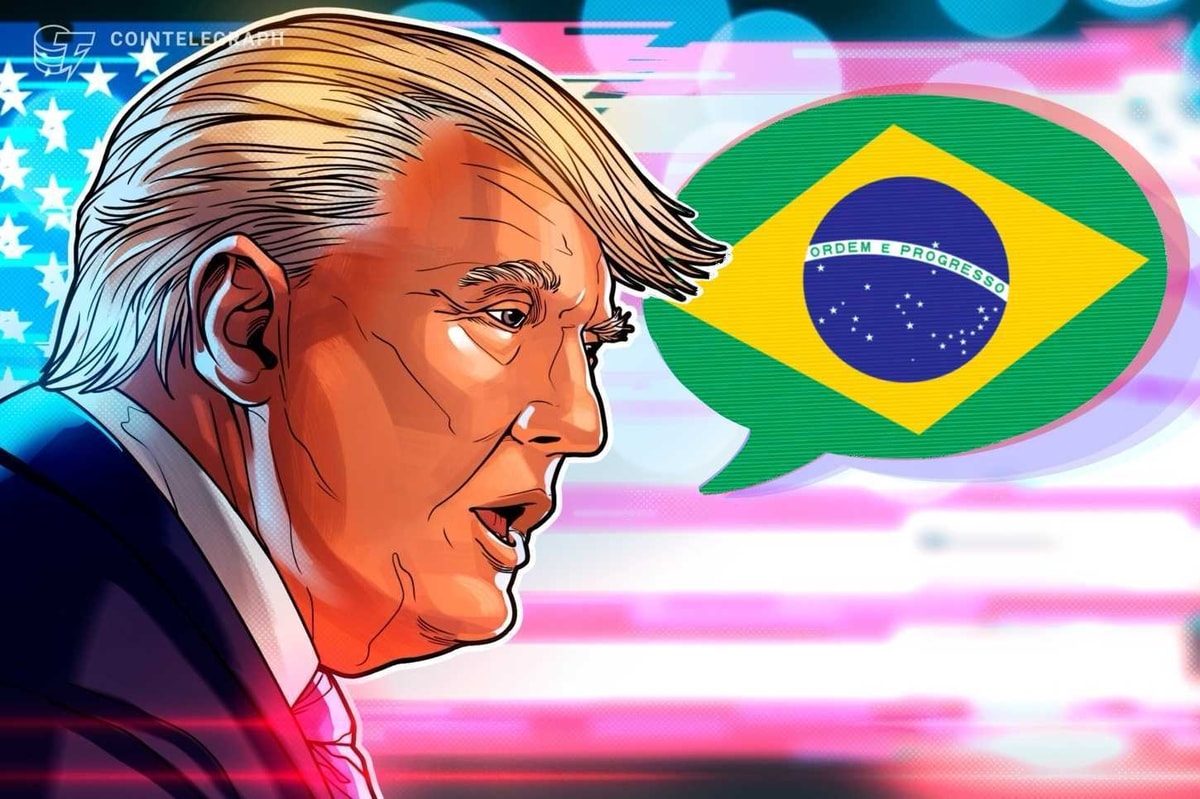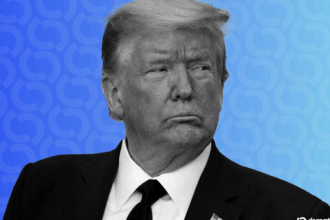The United States has initiated a formal investigation into Brazil’s digital trade practices, with a primary focus on Pix, the country’s instant payment system. This probe, announced by US Trade Representative Jamieson Greer, aims to scrutinize whether Brazil’s regulations unfairly hinder US companies.
Greer stated the investigation will examine “tariff and non-tariff barriers,” alleging Brazil extends preferential treatment to some trade partners at the expense of American exporters.
A central point of contention is Brazil’s handling of social media platform X. In August 2024, Brazil’s Supreme Federal Court suspended X nationwide following Elon Musk’s refusal to appoint a legal representative in the country.
This investigation represents the latest tit-for-tat escalation in US-Brazil relations. On July 7, Donald Trump called for Brazilian authorities to halt the prosecution of former President Jair Bolsonaro, dismissing it as a “witch hunt.”
Just days later, Trump sent a letter to President Luiz Inácio Lula da Silva threatening a 50% tariff on Brazilian imports starting on August 1.
Pix and Brazil’s Financial System
Launched by Brazil’s Central Bank in 2020, Pix is a government-run instant payment system enabling 24/7, low-cost money transfers via mobile apps, QR codes, or account keys, bypassing traditional credit card networks. Its rapid adoption—150 million users, acceptance across 60 million businesses—and its integration into daily transactions, from street vendors to utility bills, suggest it has become fundamental to Brazil’s digital economy.
The US probe specifically scrutinizes whether Brazil is systematically favoring its domestic payment system over established US competitors like Mastercard, Visa, and US fintechs.
Related: Brazil fintech receives Bitcoin treasury company approval
The Broader Geopolitical Implications
Though operational only domestically, Pix symbolizes a broader trend concerning US officials. International fintech bridges (e.g., Truther) enable global transfers settling instantly via Pix, bypassing traditional channels like SWIFT or Western Union.
For Washington, Brazil’s active role in the BRICS economic bloc (alongside Russia, India, China, South Africa) compounds these concerns. In 2024, BRICS members adopted a “BRICS Pay” platform aiming to bypass SWIFT and facilitate cross-border local-currency transactions, even discussing a joint reserve currency – moves that reportedly displeased Trump.
Magazine Feature: How the Digital Yuan Could Change the World… For Better or Worse











